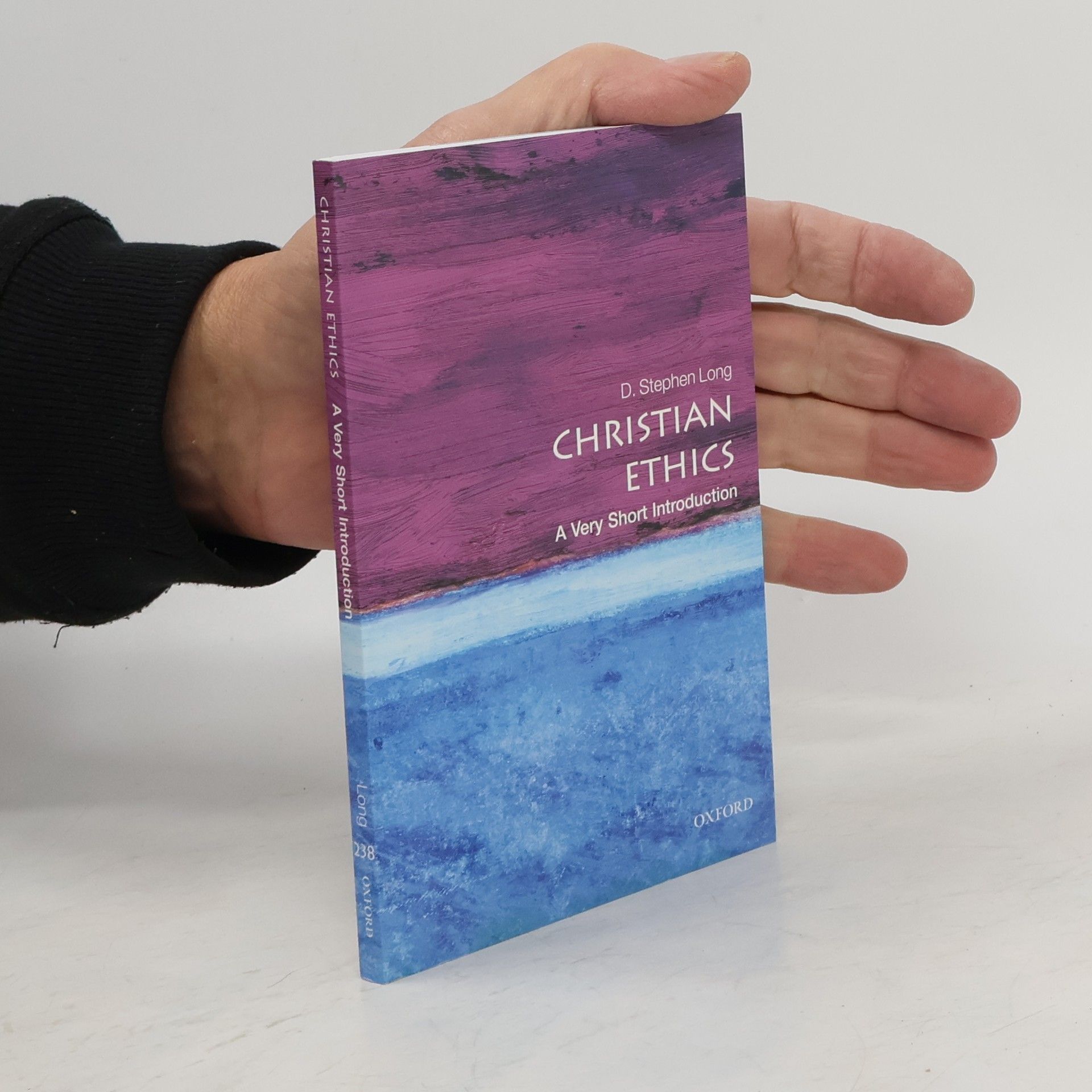The Art of Cycling, Living, and Dying
- 160pages
- 6 heures de lecture
The narrative explores the intersection of life experiences and profound reflections prompted by a health crisis. Drawing from decades of cycling, the author delves into themes such as spirituality, friendship, and social justice, emphasizing a practical approach to moral theology. By focusing on everyday practices rather than theoretical discussions, the work encourages readers to cultivate a meaningful life that prepares them for death. This introspective journey highlights the importance of living well in the face of mortality.

